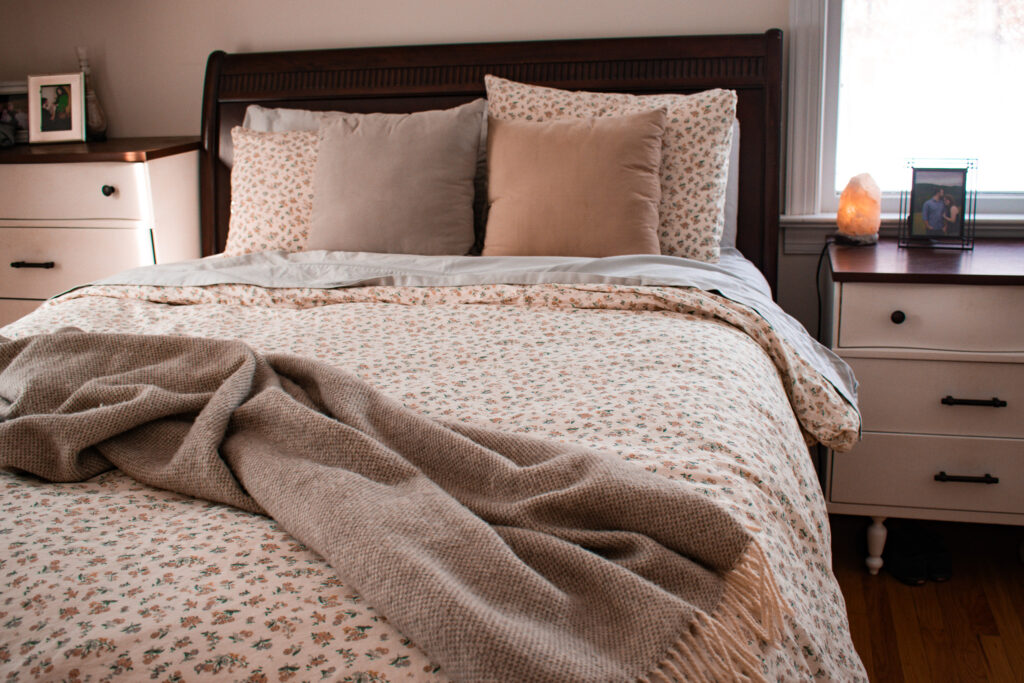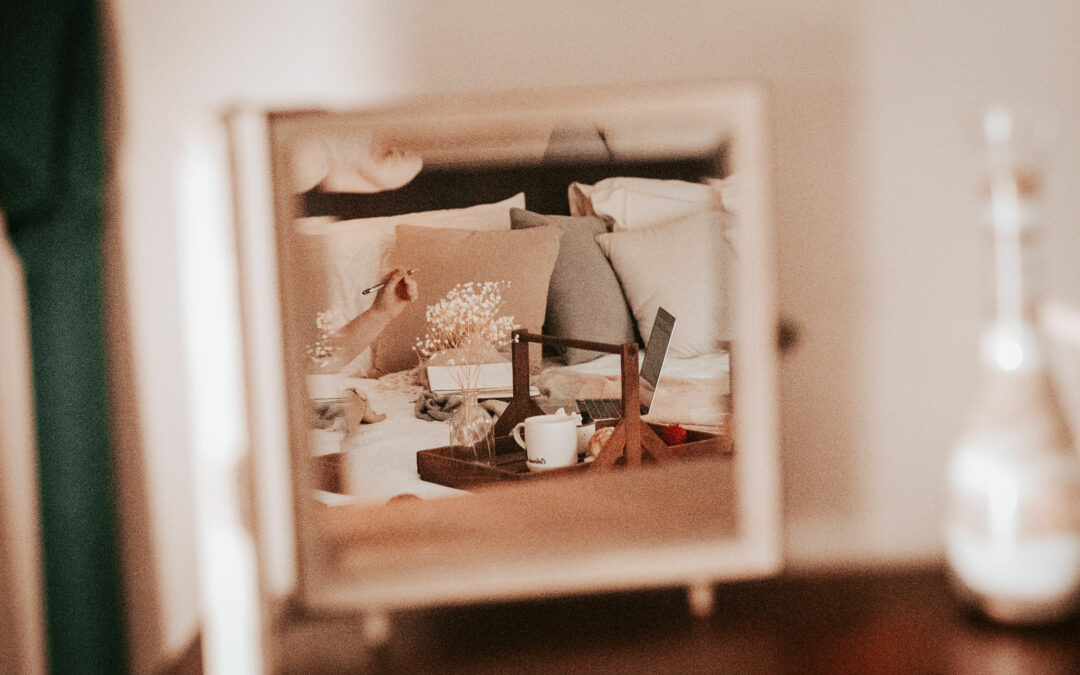Poor sleep is a symptom, not a life sentence. But what do you actually do to change sleep quality? Here is what we know,
Quality sleep has to happen for true healing to begin.If you’re struggling with anxiety or depression, improving your sleep might be one of the most powerful yet overlooked ways to support your mental health. Sleep enriches the brain’s ability to make decisions and problem solve, and recalibrates our emotions and metabolism. Poor sleep can intensify feelings of overwhelm, heighten stress responses, and make it even harder to manage daily life. On the other hand, high-quality, restorative sleep helps regulate mood, balance hormones, and strengthen the body’s ability to cope with stress. In this post, we’ll explore practical, science-backed strategies to improve your sleep quality so you can wake up feeling more balanced, clear-headed, and ready. This is for everyone who can’t get out of bed in the morning- or perhaps for those with the lingering headache from the fitful sleep the night before.
I’m also going to be the one to tell you that your calming herbal tea is not going to fix your sleep issues.
Will it influence you to relax more into the rhythm of sleep?
Yes.
Related: The stress and poor sleep cycle: how to fix it
How to improve sleep quality:
You may remember we talked before about the two different reasons your sleep may be poorly influenced…
1. The hormones in your circadian rhythm
2. Your blood sugar balance.
The first we improve by stress management + light.
The later, we improve by a balanced diet, and by mastering the first.
Let’s back up.
Your circadian rhythm refers to the natural 24 hour fluctuation between stress hormones + sleep hormones. This is your body’s internal clock.

When this rhythm gets out of balance, you spend a hour or more just trying to fall asleep. Meanwhile, hating anyone that appears to fall asleep so easily.
Fitful wake ups throughout the night tend to be caused by drops in blood sugar, which in turn release stress hormones.
Stop asking how to improve you sleep and start asking yourself these questions:
1. How can I improve my circadian rhythm to fall asleep easier? or
2. How can I balance my blood sugar to stay asleep?
By the way, I’m also purposely ignoring the complexity of nervous system’s involvement in a good night of sleep. We’re focusing on the basics here.
Related: Midnight snack for better sleep

Why did I take the time to call out herbal teas when it is something that I actually do recommend to clients?
Because there is no quick fix. When I work with clients I look first at their sleep quality- but not because they’re going to get quick results by addressing this. We look at sleep first because yes, everything else hinges on it, but more importantly because it takes so much time to change sleep performance.
I’m not talking about a good night here and there. I’m talking about consistent, restful sleep.
To get to the bed you’re not dreading laying down in- you need consistency with your sleep supporting habits. We call this sleep hygiene.
To save in the length of this post, I’m not going to list all the ways you can support your sleep. There’s a good chance you already know something you need to change. But the good news is, sleep supporting habits part of your sleep hygiene routine are not time consuming or expensive- they only require consistency.
And that’s the worst part right?
But once your sleep starts to improve, your nervous system will begin to see your bed as a place of rest again- instead of the place of dread it currently is.
What’s that thing on your mind that you know helps you sleep better but you keep ignoring it?
If you feel certain you’re constantly doing all of those sleep supportive habits and still are seeing no change, you need to refer to the beginning of this post and ask yourself those two questions.
1. How can I improve my circadian rhythm to fall asleep easier? or
2. How can I balance my blood sugar to stay asleep?
The first we improve by stress management + light.
The later, we improve by a balanced diet, and by mastering the first.
For more info on mastering your circadian rhythm, tune into this podcast.
Happy dreams,
Leana
*This post contains affiliate links, which means I may receive a small commission at no extra cost to you. I do not recommend products that I have not personally vetted.*
Photo: Stealing Magnolia



Trackbacks/Pingbacks